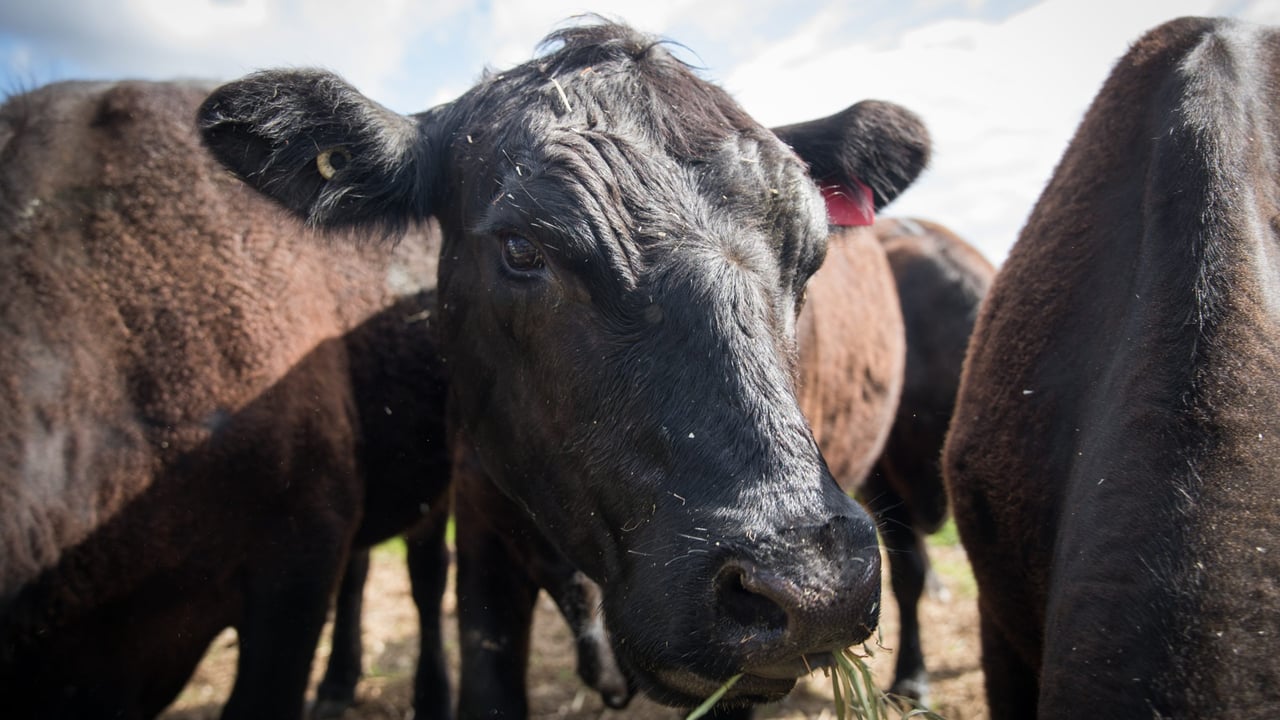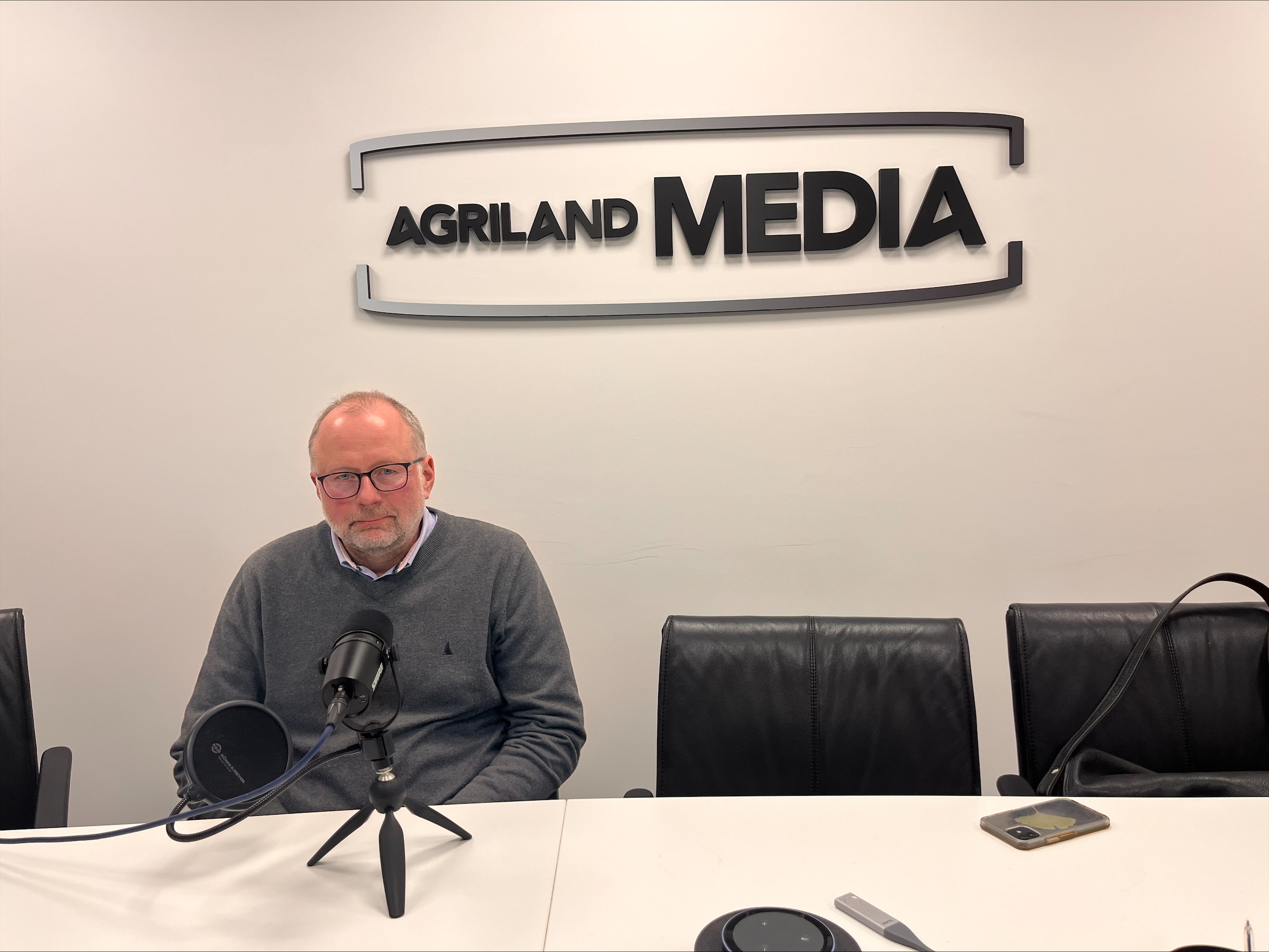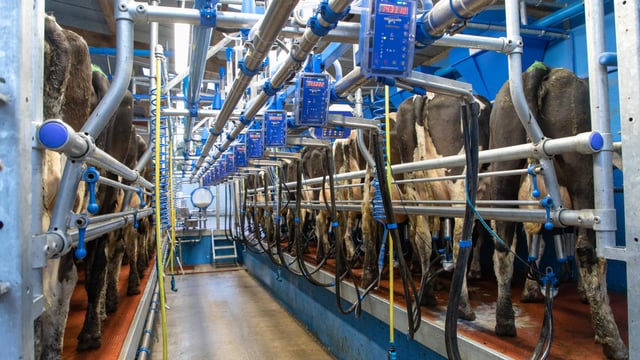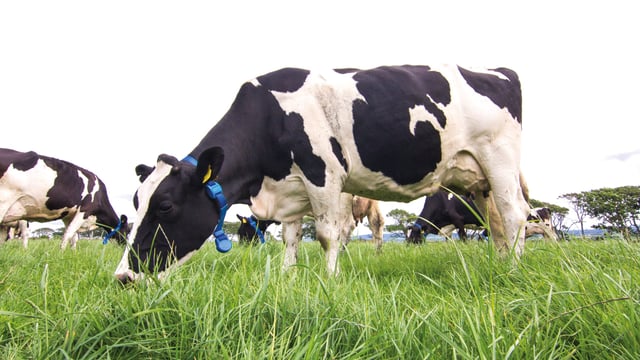Continued strong beef prices rely on consumer confidence - Zieg
With beef prices currently high, Bord Bia’s beef sector manager, Mark Zieg said that predicting a long-term continuation is "a dangerous game", and that it does slightly rest on consumer confidence.
Zieg outlined to Agriland why beef price is so positive at the moment, and what factors might affect it over the next 6-12 months in our most recent AgriFocus podcast which can be listened to here.
This week, factory quotes are already about 5-10c/kg more than last week and beef price is hitting nearly €7/kg. To put that in context, beef price back in 2019 was averaging around €3.70/kg.
Zieg explained that Irish beef saw a strong demand in the UK and Europe last year, leading to a situation where cattle were coming into kill earlier.
Zieg said this will most likely lead to a fall in supply this year, down about 70,000 to 90,000 cattle, impacting the first half of the year more.
The annual challenge and promotion around Veganuary which was once seen as a "threat", subsided this year, according to Zieg, and marketing in the area is "not hurting beef consumption".
Through the Bord Bia shopper monitor, Zieg said that consumers are finding it "tough" to deal with higher prices in the beef market, however they continue to stick with beef.
Zieg said that consumers are "rediscovering" the "value" in extra cost for meat compared to cheaper alternatives, along with recognising the nutritional benefits.
While anything could happen with beef prices this year, depending on multiple factors along with consumer confidence, Zieg said that the "dynamics are all in place" for a continued strong price, with no alternative supply within Europe and UK supplies forecast to be down 5%.
A bone of contention for many beef farmers and farm organisations this year is the impact of the Mercosur trade deal, which would see the market open for access for a further 99,000t of high value steak cuts into the EU market.
The EU already imports 200,000t of beef per year. Zieg said that the additional imports could have "considerable impacts" on the beef sector.
"There would be a volume of steak involved that is the equivalent to the number of steaks that Ireland produces, and of course we export 90% of what we produce so if that all landed at once, it could distort the market," he said.
"It could undermine our market and all of those positive developments of price increases because even though countries like Brazil have seen rapid increases in their prices over the last number of years, they are still significantly below European prices and our prices," Zieg added.
However, Zieg said that there are structures in place so that the tonnage is not accessed in one lump, rather it must be allocated.
The Protected Geographical Indication (PGI) will also offset many of the effects of extra imports, according to Zieg, where he said it is working quite well in the Italian market.






